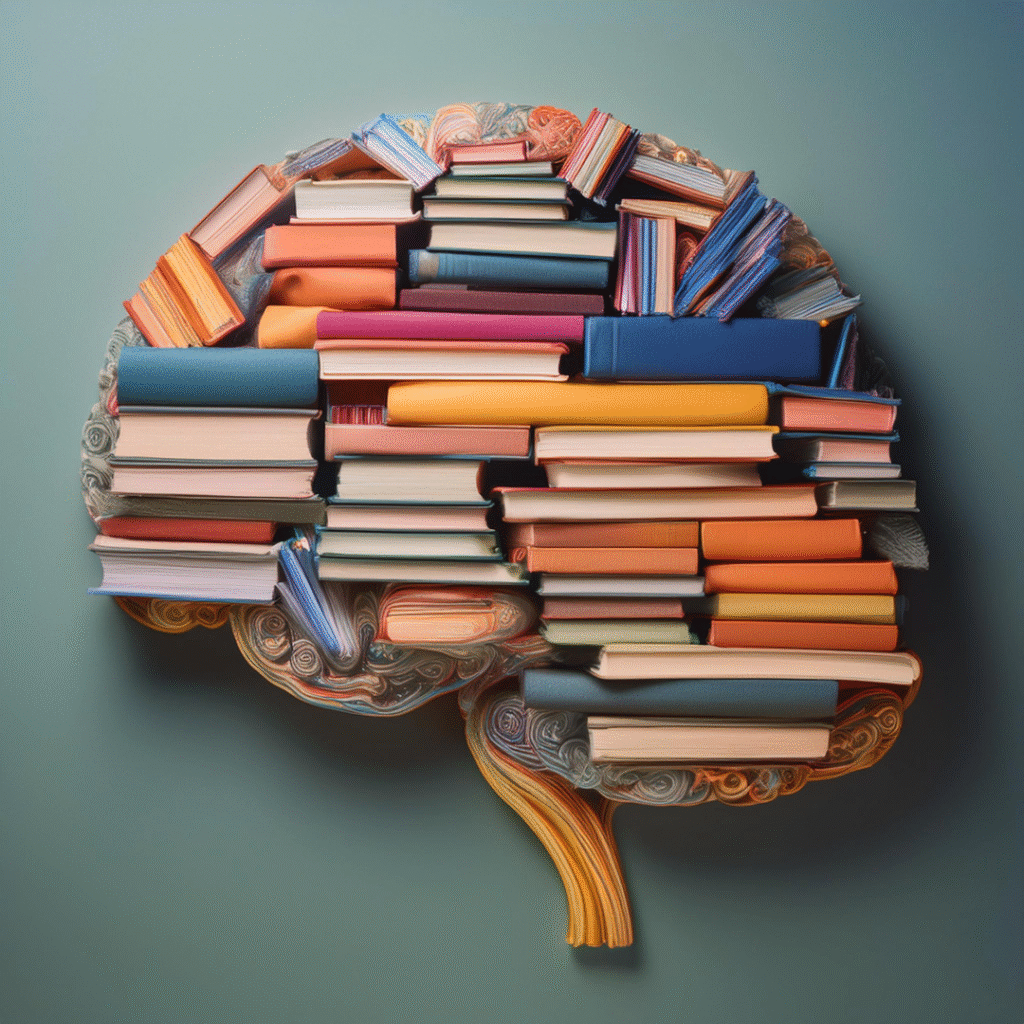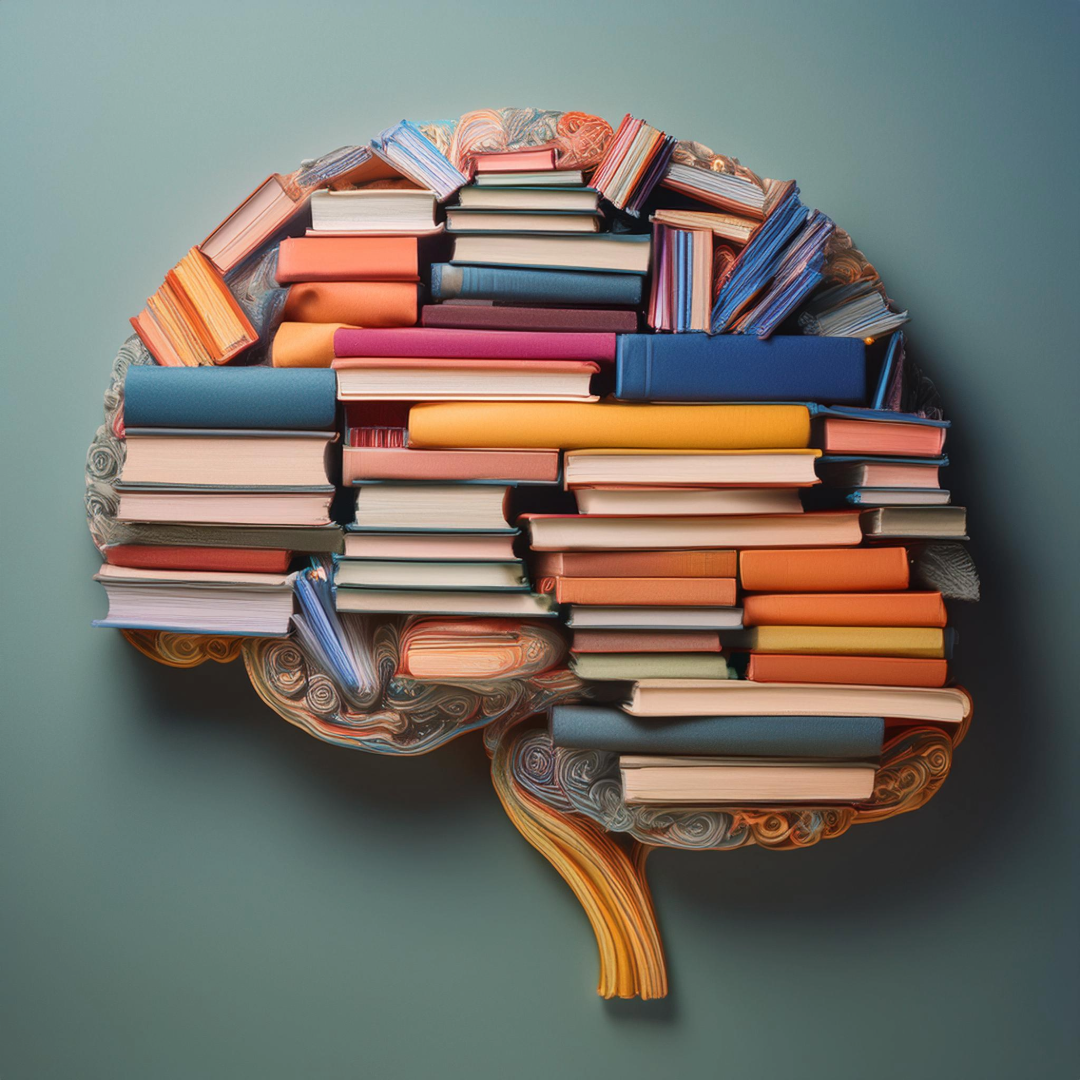
by Eddie Garmat
A Critical Question in the New Age
On November 30, 2022, OpenAI released ChatGPT, and since then, the world has had many questions about the software’s impact on society. Chief among them is how it will affect the development of critical thinking in users. Today we examine both sides of the argument and attempt to answer, is AI making us dumber?
The Negatives
The main argument against artificial intelligence regarding higher thinking is that it prevents people from developing and exercising core critical thinking skills. In his paper “AI Tools in Society: Impacts on Cognitive Offloading and the Future of Critical Thinking,” Michael Gerlich finds that participants of his study who heavily rely on artificial intelligence tend to have higher rates of cognitive offloading and subsequently lower critical thinking abilities. These impacts become more prevalent in younger groups, which have higher rates of dependence on AI, as well as less-educated groups. When people offload cognitive tasks to artificial intelligence, they neglect or fail to develop their higher thinking abilities, resulting in worse critical thinking outcomes. This argument gains an additional face in Hao-Ping (Hank) Lee’s study, “The Impact of Generative AI on Critical Thinking: Self-Reported Reductions in Cognitive Effort and Confidence Effects From a Survey of Knowledge Workers.” Lee examines knowledge workers’ perceptions of critical thinking,when they enact it, and when and why AI affects their ability to do so. Lee found that higher confidence in AI corresponded with lower levels of critical thinking. Additionally, Lee found lower self-confidence corresponded with higher confidence in AI. Both of these studies strongly link high usage of artificial intelligence to complete tasks with a lower ability to critically evaluate, demonstrating the risk of over-reliance on AI and the consequences.
A Positive Alternative?
Though overreliance is proven to degrade a person’s higher thinking skills, it has also been proven that under the right circumstances, AI can be beneficial to higher thinking. In “AI as Extraherics: Fostering Higher-order Thinking Skills in Human-AI Interaction” Koji Yatani proposes what he calls ‘extraheric AI’ to be built into AI algorithms. Extraheric AI is AI that instead of simply giving an answer, it suggests to, explains to, nudges, debates, or questions users. By acting as a secondary voice instead of a cognitive substitute, Yatani’s extraheric AI challenges users to critically think, which helps foster their skills. Yatani believes that by implementing extraheric AI users will see a strong increase in thinking and learning abilities. Extraheric AI should help improve the learning process by tweaking it to an individual user’s needs, challenging a user’s views and arguments, and nudging users in the right direction without explicitly giving them answers.
A Nuanced Path Forward
While it may be easy to get caught up in extremes, saying AI helps or harms people in their critical thinking skills, the truth may be in the middle. Michael Gerlich and Hao-Ping “Hank” Lee both show that when used as a substitute for cognitive tasks, AI hinders people’s ability to critically think. However, Koji Yatani proposes a solution in extraheric AI, which can foster a person’s development of critical thinking. Ultimately, cognitive offloading with AI reduces a people’shigher thinking abilities; however, if they use AI to help them learn and challenge them they can see improvements in their higher thinking skills. As AI continues to evolve, the key lies not in whether we use AI, but how thoughtfully and intentionally we integrate it into our cognitive lives.
[In this post, we used AI for polish, not purpose.]
Want to know more about how the idea of AI as a cognitive partner that challenges us?
Want to know more about AI as friend or foe?


Leave a Reply